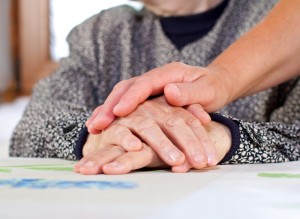Communicating with Terms of Endearment - A Big NO NO
Dear, Honey, Hun, Sweetie, Buddy, Chief, That’s a good boy, Let's go potty now. No, I am not talking to my 18-month-old, I am repeating terms of endearment and phrases I hear in memory care and assisted living every day. There is so much research behind the use of this type of language researchers refer to it as elderspeak. I know I am guilty of using terms like these and I know you are too but explore the impact it may be having on our residents.







